From "market" to "digital market"
In recent years, the change in farming and selling methods in Lao Cai has been so obvious that even the people are surprised. In mountainous communes such as Bac Ha, Bat Xat, and Muong Khuong, instead of carrying corn, peaches, and tangerines to the market, many farming households now only need a smartphone to sell their goods everywhere.
Cooperatives and households are trained in online sales skills, participating in e-commerce platforms such as nongsanbuudien.vn, Sendo Farm, TikTok Shop, creating booths, posting products, learning how to livestream to sell agricultural products. With new methods, many highland specialties such as Shan Tuyet tea, Muong Khuong tangerines, Bac Ha plums, Bat Xat grapefruits... have been "on air" and regularly ordered by customers from Hanoi , Hai Phong, Ho Chi Minh City.
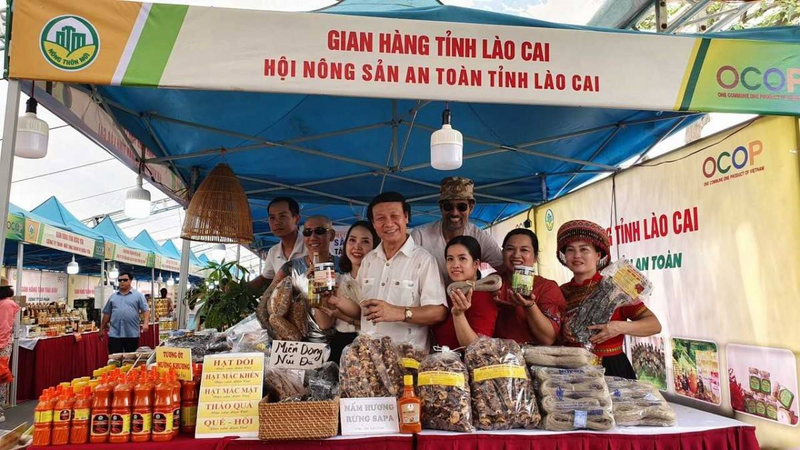
The entire Lao Cai province now has hundreds of digitized products, more than 60% of agricultural cooperatives apply technology in production (Photo: Mai Anh)
According to the Lao Cai Department of Agriculture and Environment, hundreds of products have been digitized in the province so far, and more than 60% of agricultural cooperatives have applied technology in production, traceability, and brand promotion. Online sales, once thought to be unfamiliar, have now become a daily habit for many highland farmers.
Behind that change is the decisive participation of authorities at all levels. Lao Cai has identified digital transformation as one of the three pillars of sustainable agricultural development, along with crop restructuring and brand building. The province has coordinated with the Ministry of Industry and Trade, the Ministry of Agriculture and Environment, and postal and e-commerce enterprises to organize dozens of digital skills training courses for farmers.
People are instructed on how to take product photos, record videos, livestream, write descriptions, create online booths, and especially on customer care and feedback skills. For ethnic minorities, this was not easy at first. But thanks to the "hand-holding" of agricultural extension officers, along with the eagerness to learn of the people, after only a few months, many households were able to run their own online booths.
Support policies also go hand in hand with the construction of digital infrastructure. 4G and 5G networks have been covered in many remote villages, and the agricultural logistics system has been systematically invested. The Lao Cai Department of Industry and Trade has connected more than 200 OCOP products with e-commerce platforms, while supporting small businesses and cooperatives to build QR codes for traceability, anti-counterfeit stamps, and collective trademarks.
When highlanders do "genuine livestreams"
In Bac Ha commune, Na Hoi Clean Agriculture Cooperative is considered one of the successful examples of digital transformation. Ms. Lu Thi Dung - Director of the Cooperative shared: "In the past, every harvest season, we had to bring products to the market, hire trucks to transport goods everywhere but still had no sales. Since learning how to sell online, products are easier to consume, and customers have proactively come to us."
Without the need for elaborate techniques, simple livestreams in peach gardens and corn fields attract thousands of views. Buyers like the authenticity and stories behind the products. Some “tech farmers” have now become representatives of the province in trade promotion programs, sharing their experiences in selling digital products to other localities.
Along with that, some local businesses have boldly invested in processing, packaging and preservation lines, helping agricultural products meet quality standards and last longer when transported long distances. Cold storage systems and agricultural logistics centers have been established, creating a closed chain from production to consumption.
Although the digital transformation picture in the highlands of Lao Cai is bright, this path is not without obstacles. Most farming households still produce on a small scale and do not have a strong brand, making it difficult to compete on e-commerce platforms. Transportation costs from the mountains to the plains are high, causing product prices to increase significantly.
On the other hand, post-harvest preservation, packaging, and quality control are still weak links. Many products are of good quality but due to poor packaging and lack of transparency in information, consumers do not trust them. Maintaining online sales requires time, effort, and perseverance, which not all households can afford.
Therefore, Lao Cai province is continuing to perfect synchronous solutions: building an agricultural logistics center, supporting transportation costs, promoting cross-border e-commerce with China, and developing a long-term digital farmer training program.
If 5 years ago, digital transformation in mountainous areas was just a pilot, now it has become a key strategy in the agricultural economic development of Lao Cai. Hundreds of agricultural production and consumption models applying digital technology have brought about clear results: the revenue of many cooperatives increased by 20-30% compared to before, the proportion of products consumed within the province decreased, while products exported to large cities increased.
More importantly, digital transformation is changing the mindset of farmers. They no longer consider themselves just growers and sellers, but have become real agricultural economists, knowing how to plan the market, maintain product reputation, and protect their brands.
“Digital markets” have now partly replaced traditional markets, but behind the phone screen is still the heart of the highlanders - hard-working, honest and full of aspirations.
Lao Cai is painting a picture of highland agriculture in the digital age, where technology is not just a tool, but a bridge to bring agricultural products closer to the market, so that people can gradually escape poverty sustainably.
From the Muong Khuong tangerine fields, Bac Ha tea hills or Sa Pa plum gardens, the flow of digital transformation is quietly spreading, creating a new development journey, where highland farmers can "sit in the garden" but still sell agricultural products to all four directions.
Source: https://congthuong.vn/nong-dan-mien-nui-lao-cai-ngoi-o-vuon-ban-nong-san-khap-nuoc-429568.html












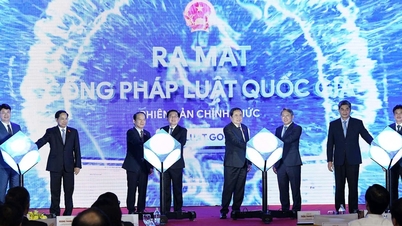



























![[Photo] "Ship graveyard" on Xuan Dai Bay](https://vphoto.vietnam.vn/thumb/1200x675/vietnam/resource/IMAGE/2025/11/08/1762577162805_ndo_br_tb5-jpg.webp)

![[Video] Hue Monuments reopen to welcome visitors](https://vphoto.vietnam.vn/thumb/402x226/vietnam/resource/IMAGE/2025/11/05/1762301089171_dung01-05-43-09still013-jpg.webp)































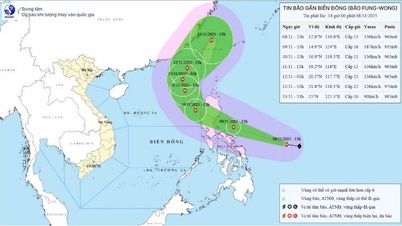














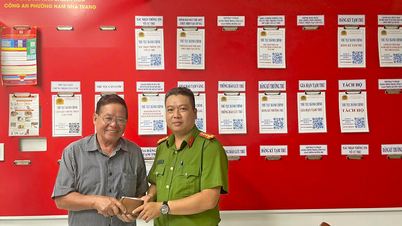

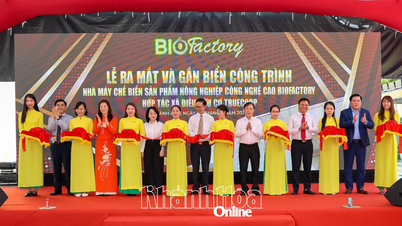
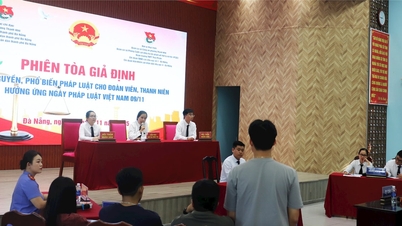

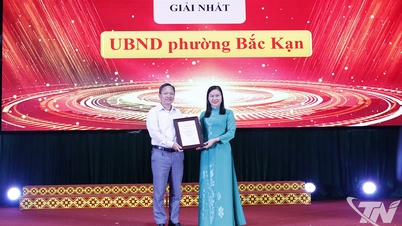

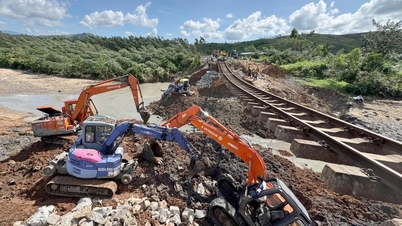

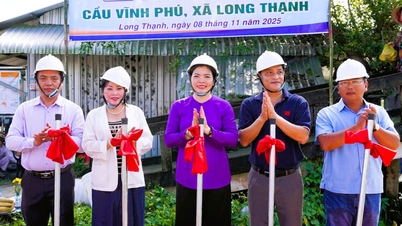













Comment (0)